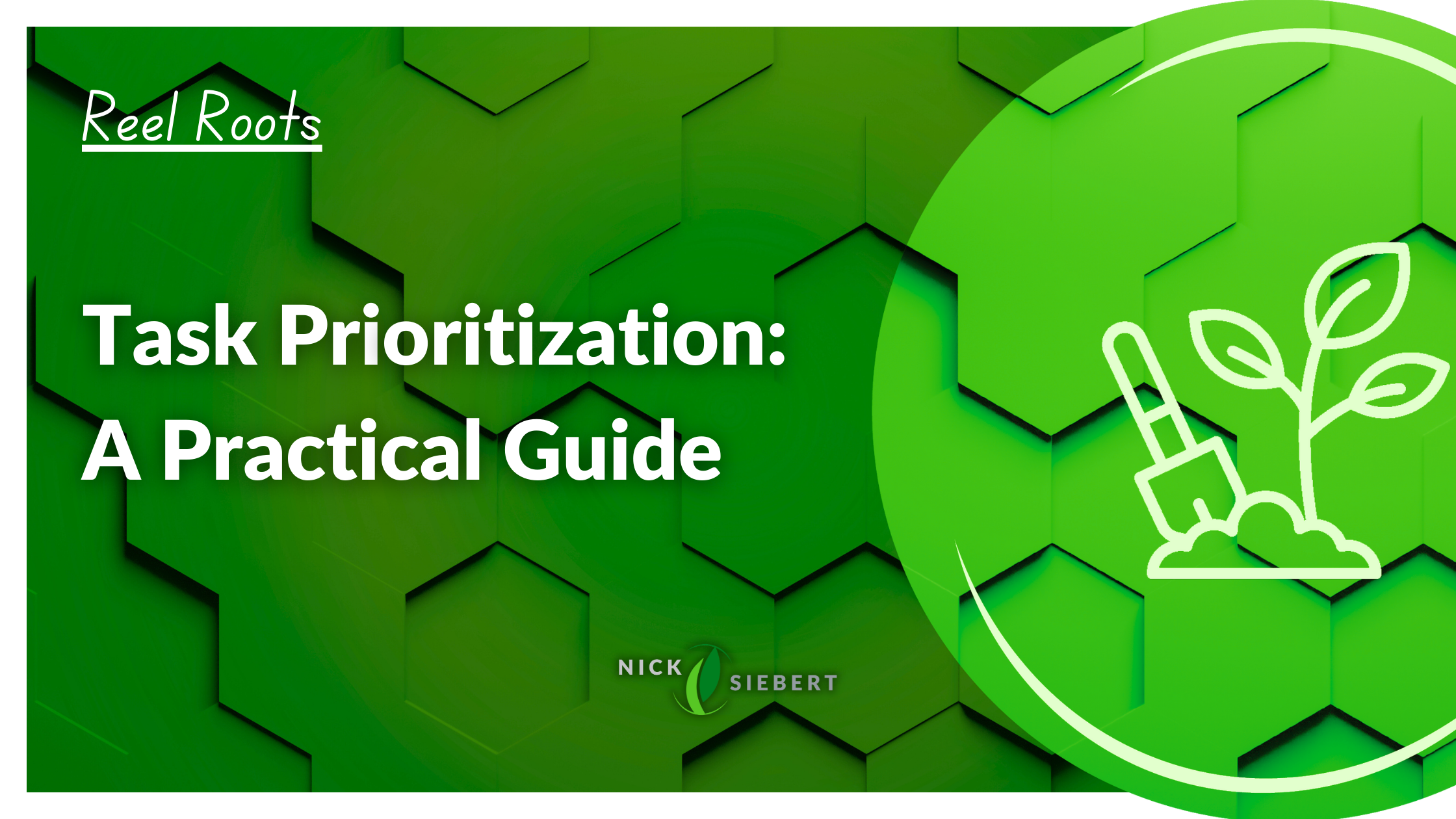Task Prioritization: A Practical Guide
Hello!
I want to share some thoughts on how to efficiently categorize and prioritize your to-do list. The most effective method I've found is using a Punnett square approach. Imagine four boxes: the top represents "important," and the side represents "urgent." Here's how you can use this method:
1. Identify Your Tasks: List all the tasks you need to accomplish.
2. Categorize: Place each task into one of the four boxes:
- Urgent and Important: These tasks should be your top priority.
- Urgent but Not Important: Consider stepping back from these to focus on more important tasks.
- Important but Not Urgent: These tasks can move the needle forward, so prioritize them after urgent and important tasks.
- Not Urgent and Not Important: These tasks might not need to be done.
Revisit and adjust the categories daily. Prioritizing tasks can change as deadlines approach or as new tasks arise. It's crucial to focus on important tasks first to ensure progress.
For example, doing the dishes might be urgent but not important, while finishing an "About" page on a website is important but not urgent. The latter will move the needle more significantly.
To determine urgency, consider if there's a concrete deadline. For instance, taxes due on April 15 are less urgent in February than a speech due tonight. Importance is more subjective and requires self-reflection. Important tasks are those that will move the needle the most, like website updates or community outreach.
If you struggle with prioritizing tasks, spend five minutes creating a game plan. Whether you use a Punnett square or a simple list, getting organized is the first step. Identify tasks that need to be done and those that can wait.
Sometimes, it's best to just pick a task and start. Overthinking can lead to inaction. I block out specific times for work and personal tasks. This separation helps maintain focus and productivity.
I hope these insights help you manage your tasks more effectively. If you have any strategies to avoid distractions, I'd love to hear them.
Best regards,
Nick Siebert

